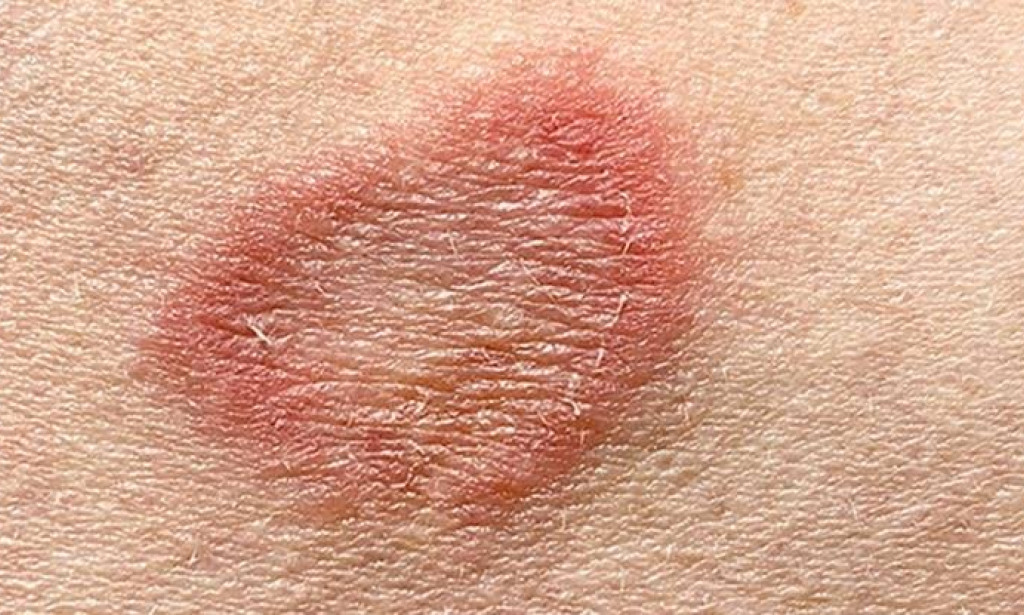Itchy, scaly plaques, ring-shaped rashes, and other fungal skin infections are known as ringworm. Any area of the skin or nails may be affected by the illness.
Depending on the area of the body it affects, ringworm may go by a variety of names. For instance, ringworm on the feet is frequently referred to as "athlete's foot," while fungus on the groin is referred to as "jock itch."
Antifungal medications are used to treat all forms of ringworm. In many cases, using over-the-counter (OTC) antifungal creams, shampoos, powders, or sprays will cause the infection to go away in two to four weeks. Prescription antifungal medications, such as ointments and oral tablets, may be necessary for certain types of ringworm.
OTC antifungal lotion, cream, or powder that you may get at the drugstore can be used to treat ringworm of the body (tinea corporis), ringworm of the hands (tinea manuum), and ringworm of the feet (tinea pedis, often known as athlete's foot).

Among the OTC antifungal medications are:
Miconazole is marketed under the trade names Micatin and Zeasorb AF, while clotrimazole is marketed under the trade names Lotrimin and Mycelex. Lamisil (terbinafine)
Follow the directions on the OTC antifungal medication's label or those of your healthcare practitioner.

You could require prescription medicine if your ringworm affects a significant portion of your body.


You must be logged in to post a comment.